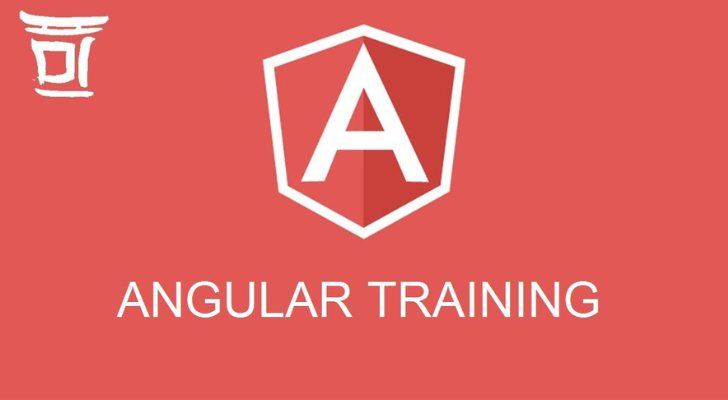Angular JS Training

🚀 Master Top Web & App Frameworks
Explore structured tutorials for AngularJS, React, Laravel, Flutter, PHP, SQL, and more.
📘 Introduction to AngularJS
Introduction to AngularJS overview
📘 Introduction to Laravel
Learn Introduction to Laravel in Laravel with real-world examples and step-by-step guide.
📘 Introduction to CodeIgniter
An introduction to Introduction to CodeIgniter in CodeIgniter with examples.
📘 Introduction to React
Quick overview and guide to Introduction to React in React JS.
📘 Introduction to Flutter
An easy-to-follow tutorial on Introduction to Flutter in Flutter mobile app development.
📘 Introduction to Kotlin
Learn Introduction to Kotlin in Kotlin programming with examples for Android or backend apps.
📘 Introduction to PHP
Understand Introduction to PHP in PHP with practical examples and clear syntax.
📘 Introduction to SQL
Understand Introduction to SQL in SQL for effective database querying and management.
📘 Introduction to Bootstrap 5
Understand Introduction to Bootstrap 5 in Bootstrap 5 for responsive web design using pre-built components.
📘 Introduction to HTML
Understand Introduction to HTML in HTML to create structured, semantic, and accessible web content.
📘 Introduction to CSS
Explore Introduction to CSS in CSS to enhance web design using styling properties and layout techniques.
📘 Introduction to JavaScript
Understand Introduction to JavaScript in JavaScript to build dynamic and interactive web experiences.
📘 Introduction to Node.js
Explore Introduction to Node.js in NodeJS for backend development using JavaScript and non-blocking architecture.
📘 Introduction to AJAX
Understand Introduction to AJAX in AJAX to update web pages without full reloads using asynchronous JavaScript and XML.
📘 Introduction to jQuery
Learn Introduction to jQuery in jQuery to write less and do more with simplified JavaScript operations and cross-brow...
📰 Latest Blog Posts
Insights, tutorials, and tech stories from our experts.
Transform Your Passion into a Web Development Career
Do you love tech? Let’s turn it into a profession with full stack development.
Not Just Coding – Career-Focused Full Stack Training
We don’t just teach code—we teach how to get jobs with it.
Learn, Code, Build, Get Hired – Full Stack Program
A step-by-step path to go from beginner to hired developer.
BCA/MCA/B.Tech? Start Building Real Websites Now!
Already pursuing IT education? Now build real websites with us!
Offline Full Stack Training in Dwarka & Uttam Nagar – Limited Seats!
Join our offline batch in Dwarka or Uttam Nagar and learn full stack development practically.
Struggling in Interviews? Build Skills That Get You Hired!
Facing rejections in job interviews? Build the right skills and project experience.


